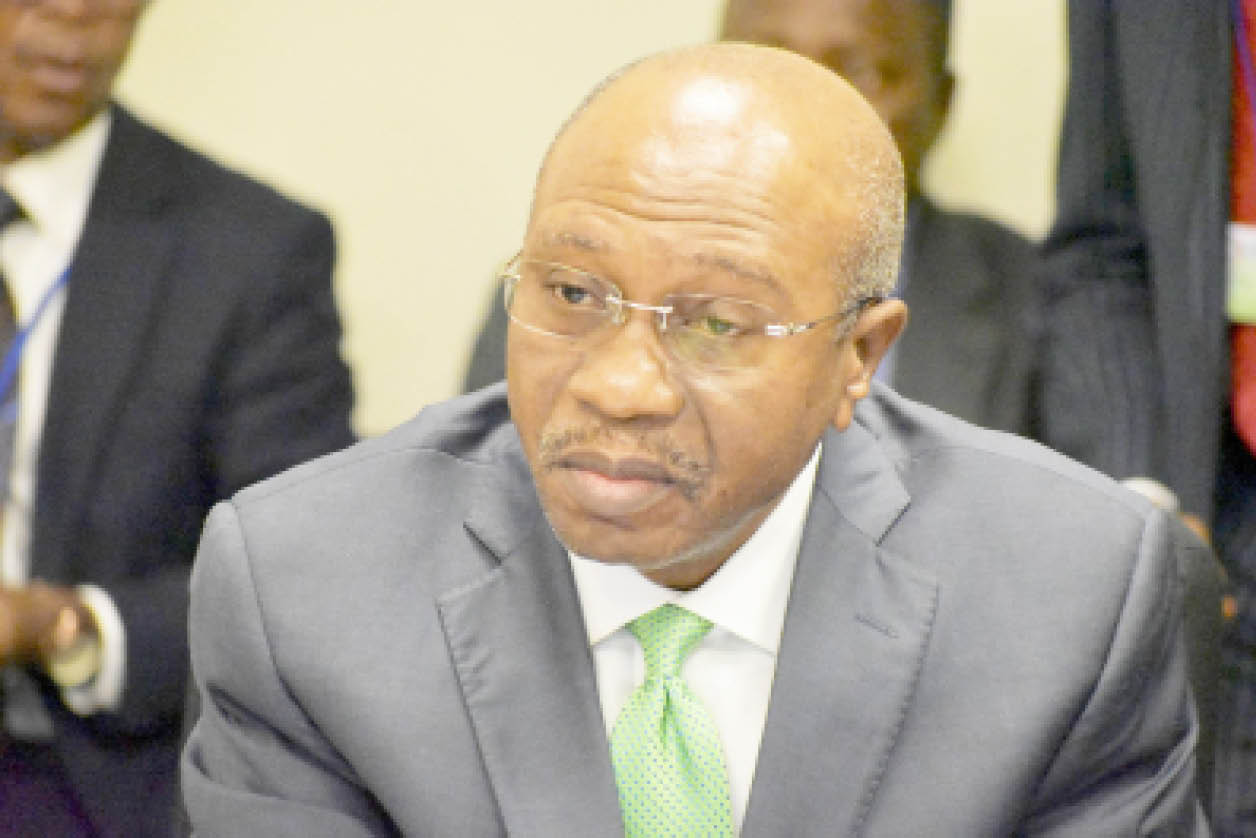Perhaps nothing exemplifies the dysfunctional manner in which Nigerian democracy operates more than the Central Bank of Nigeria’s (CBN) decision to hurriedly introduce new naira notes at short notice. The soul and core of democracy is supposed to be debate and consensus. Regrettably, Nigerian democracy has been reduced to simply conducting elections after which unelected officials do as they please under the guise of constitutional authority. The CBN governor has made it clear that he believes he owes nobody any explanation because Section 19, Sub-sections (a) and (b) of the CBN Act of 2007 empowers him to redesign, produce and circulate new bank notes after obtaining permission from the president. This is a most simplistic and superficial interpretation of the constitution. The very notion that Nigerians are not entitled to have any input into the redesign of the notes, and have no right to know the cost of the project, how many notes are to be printed, and how this number can be verified, is repugnant to democracy.
Nowhere does the constitution state that the CBN governor is restrained from due consultation and public debate before seeking presidential approval. Indeed consultation should be the norm. A situation in which the minister for Finance criticises the plan and insists the ministry was not consulted, incontrovertibly illustrates the failures in inter-agency collaboration and proper planning, which has caused recent financial policies and empowerment programmes to be largely haphazard, clumsily executed and not well thought out. Lamentably, even as top officials of Ministries Department and Agencies (MDA’s) have imbibed an aversion towards wide consultation in policy making, every Nigerian citizen is constitutionally “represented” by three people. One is in the State House of Assembly, another in the House of Representatives, and yet another in the Senate. It is sheer contempt for the basis of our constitutional democracy for the CBN governor to assert that their opinions or contributions on a matter of such national importance are irrelevant.
There is something suspicious and fundamentally wrong with printing of new naira notes at the tail end of tenure. At best it is only designed to aid CBN operations and is not in the best interest of the economy, the incoming administration, or general public.
There is good reason to be sceptical. Back in the 1980s the military government ordered redesign of currency purportedly to curb corrupt politicians from hoarding cash. The project caused massive suffering as banks had neither sufficient new notes nor the manpower for successful implementation. Depositors with money in their accounts queued for days without success, and the end result was that the nation became poorer as honest businesses and individuals lost money through no fault of their own.
Forty years later the same policy which didn’t work before is being re-introduced! The very idea that redesigned naira notes will end electoral fraud, vote-buying, insecurity and corruption is fallacious. Eliminating these evils and curtailing the activities of criminals is the job of the Department of State Services (DSS), Nigeria Police Force (NPF) and the Economic and Financial Crimes Commission (EFCC), not the CBN. Unless these agencies wake up to their responsibilities it’s virtually guaranteed that well-to-do Nigerians will be spraying and dancing on top of new notes at lavish social functions over Christmas, top politicians and traditional rulers will easily access millions in bundles to store at home, and votes will be paid for with new notes.
Even the economic arguments presented by CBN in support of their plan hold little water. Contrary to their assertion, the vast majority of the naira notes in circulation outside banks is not “stashed” by corrupt politicians or criminals, but held by honest semi-skilled and unskilled Nigerians especially those in the rural areas who do not operate bank accounts and depend on cash transactions. The currency change policy will further impoverish them through bank charges, transport fares to banks and time consuming inconveniences.
It should be reasonably expected that the distribution of new notes will be affected by such people rejecting old notes from day one because they have no intention of going anywhere near banks for justifiable good reasons! Nigerian banks have insufficient branches; do not operate in rural areas; deduct unjustifiable charges; pay insignificant interest on deposits; disrespect poor people, operate atrociously poor customer service; do not give out small loans; and fail to accept responsibility for staff fraud, even as the bulk of their ATM machines contain no cash. The CBN has failed to address any of these issues let alone the routine “system down” frustrating on-line transaction through an ever worsening GSM network. It’s no wonder that low income Nigerians prefer to deposit cash with thrift schemes where they get a decent return on investment and unsecured small loans, rather than in banks which don’t lend them money or pay appreciable interest but continuously deduct charges from their accounts!
The current critical situation in which the federal government plans to borrow massively to fund the 2023 budget, flooding has rendered many Nigerians destitute, Internally Displaced Persons (IDPs) remain in hopeless homelessness, and road infrastructure has collapsed, nationwide redesigning currency notes cannot possibly qualify as a pressing matter or necessary expenditure.
Suspicions are rife that the decision was really motivated by a desire to financially empower certain individuals before the end of this administration whatever the ramifications. These suspicions can only be put to through open debate, proper National Assembly oversight functions, extending the deadlines, and making the process less opaque and more citizens friendly.

 Join Daily Trust WhatsApp Community For Quick Access To News and Happenings Around You.
Join Daily Trust WhatsApp Community For Quick Access To News and Happenings Around You.


